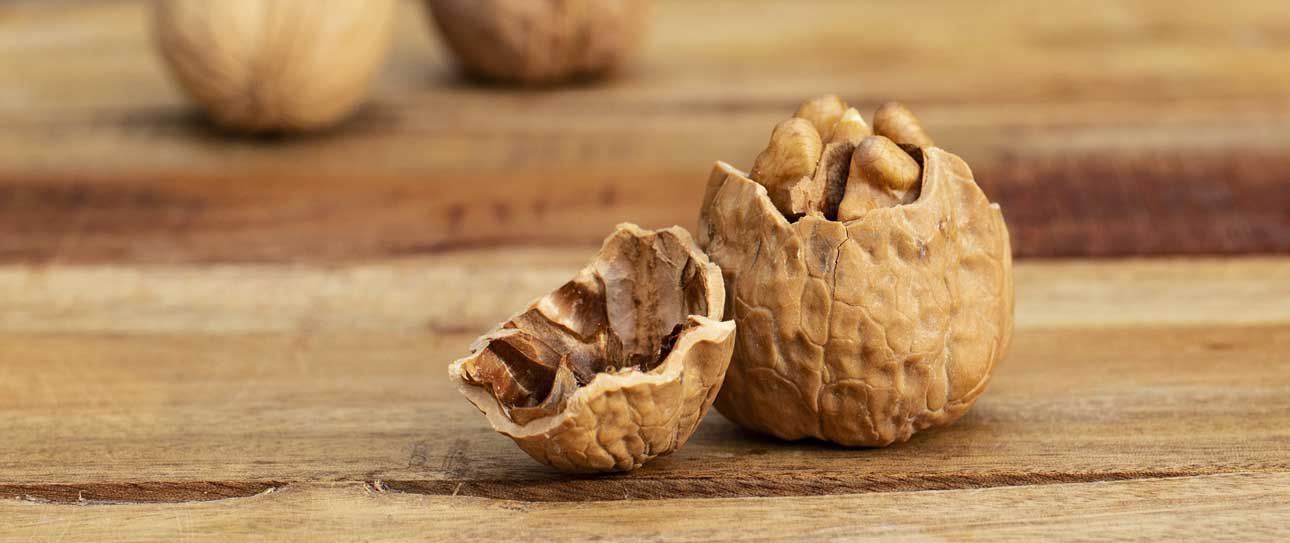
August 18, 2020
What is Omega-3?
Omega-3, also known as fatty acid, is an important fat that every human body requires to run properly and is most commonly found in fatty fish.
There are three types of omega-3 fatty acids: ALA, EPA, and DHA. EPA (eicosapentaenoic acid) and DHA (docosahexaenoic acid) are very similar and are found most prevalently in fish. Your body can make some, although not as much as it needs for optimal levels. ALA (alpha-linolenic acid), however, cannot be made with your body and must be ingested. Plant oils, including flaxseed, NON-GMO expeller pressed soybean, and NON-GMO expeller pressed canola oils, are healthy and effective ways to get the ALA your body requires to function properly.
As you add omega-3 to your diet, you may wonder if there is a concern of taking in too much. The FDA has established a recommended limit of ‘no more than 3 grams a day of EPA and DHA combined. If you are concerned about your personal intake or needs you should consult your doctor before adding supplements to your diet.
Why Do We Need Omega-3?
Research suggests omega-3 may help your heart health and have other benefits. Overall, rounding out the nutrients you provide your body will also support healthy function.
You might have known that omega-3 can be a great addition to your health and diet, but you might not be getting enough. By making a few simple changes to your diet in increasing omega-3 foods you’re already eating, incorporating foods you may not have tried yet, and even adding a supplement to your routine if it’s right for you, you can ensure your omega-3 levels are in a healthy space.
How to Get Omega-3
Omega-3s are primarily consumed through fatty fish. Fish have less saturated fats than other meat or protein sources, making them a healthier option for many. And fish makes up for the lack of saturated fats by carrying lots of these important fatty acids. If you are a vegan or vegetarian--or simply don’t enjoy fatty fish--there are still countless ways to incorporate the omega-3-boosting foods into your diet, but it will take a little more effort.
How Can Vegans and Vegetarians Get Omega-3?
Vegans and vegetarians often miss out on their important omega-3s, especially when transitioning from a fish-eating lifestyle to a completely meat-free one. Here are some foods which are great sources of omega-3:
Avocados
Brussels sprouts
Chia seeds
Hemp seeds
Rapeseed
Flaxseed
Walnuts
Algal oil
Perilla oil
Try recipes that incorporate these omega-3 sources. Add some brussels sprouts to your lunch as a heart-healthy side dish, incorporate chia seeds to your favorite breakfast oatmeal, and treat yourself to some brownies with walnuts mixed in to incorporate some omega-3 into your everyday diet.
There are also more uncommon foods you can incorporate into your diet which you might not be enjoying yet. A great way to utilize rapeseed, which boosts your omega-3 levels, is by swapping it for your traditional cooking oil. Not only will it contain less fat, but it will also help provide those nutrients in an easy way.
How Do I Know If I’m Getting Enough Omega-3?
Take a look at your omega-3-filled foods and see if you’re eating enough of them to reach this average. For a few examples, a piece of cooked salmon contains about 1,500 mg of omega-3 or more, which is more than plenty for a daily dose. Some canned tuna will give you between 200 to 500 mg. Walnuts can give you up to 2,500 mg in a serving, and you can get 1,200 mg of omega-3s from a serving of soybeans.
By knowing how much omega-3 the foods you are eating are providing your body with, you can determine whether your levels are as recommended or whether you should incorporate more into your diet.
What If I’m Not Getting Enough Omega-3s?
If getting the omega-3 your body needs still seems like a challenge, you might want to consider omega-3 supplements. Getting enough omega-3 is especially important for those who are pregnant, breastfeeding, the elderly, and infants. Vegetarians and vegans should also highly consider a supplement. Taking a supplement can be a convenient way to ensure you're getting the recommended amount to support your health.
Further Reading For Vegan Health and Nutrition
Vegan Vitamin Deficiency: What Vitamins Vegans Need
Vegan Supplements: What You Should Be Taking
What’s the Best Way for Vegans to Get Vitamin B12?
Author: Aiko Jin
How Can Vegans Get Omega-3?